Palestinian prisoners declare general mobilization in protest at Israel's repressive measures
A Palestinian prisoners’ advocacy group says representatives of Palestinian political prisoners in Israeli detention have declared a state of general mobilization in protest against a new series of Israeli regime’s repressive measures.
The Palestinian Authority’s Detainees Affairs Commission said the decision was made after the Israel Prison Service (IPS) reneged on understandings that were previously reached with prisoners’ representatives following the Gilboa jailbreak last September, Palestine’s official Wafa news agency reported on Sunday.
“In response to this, the Palestinian Captive Movement and all its affiliates have declared the state of general mobilization, including the dissolution of all partisan bodies starting tomorrow Monday,” the commission said.
After six Palestinians managed to escape from Israel’s highly-fortified Gilboa prison in the northern part of the occupied territories through an underground tunnel on September 6, 2021, the Tel Aviv regime implemented a repressive campaign against more than 4,500 Palestinian political prisoners in Israeli jails.
The punitive measures included moving tens of detainees to solitary confinements, preventing inmates from going to the prison yard, banning prisoners from meeting their families, and closing the canteens.
In protest against Israel’s repressive measures, Palestinian political prisoners in Israeli detention planned to start a set of measures, including a partial hunger strike. The prisoners also set fire to detention cells inside some Israeli prisons, namely Ofer and Kzi’ot.
Meanwhile, the Palestinian Prisoners Society (PPS) has said Palestinian prisoners at Israel’s Nafha and Rimon prisons have decided to lock down all of the sections of the two jails in protest of a decision by the IPS to reduce the daily break-time by 50 percent.
In a statement on Sunday, the PPS said as a result of the IPS decision, prisoners at certain sections have been unable to meet prisoners from other sections during the daily break-time as before.
The Palestinian Information Center also reported that the Palestinian Captive Movement decision to disband all its regulatory committees representing the prisoners came after the IPS escalated its repressive measures against Palestinian inmates in Israeli jails, including new restrictions imposed on the daily outdoor time they spend in prison yards.
The decision which will be effective as of Monday will force Israeli jailers to deal with each prisoner individually, it added.
There are reportedly more than 7,000 Palestinians held in Israeli jails. Hundreds of the inmates have been apparently incarcerated under the practice of administrative detention.
Prison authorities keep Palestinian inmates under deplorable conditions lacking proper hygienic standards. The prisoners have also been subjected to systematic torture, harassment and repression, according to Palestinian officials.
Human rights organizations say Israel violates all the rights and freedoms granted to prisoners under the Fourth Geneva Convention.
Israeli sniper in Chile could face criminal case over war crimes in Gaza
VIDEO | Iran diplomacy from strength
Young Iranian robotics specialists shine at IWISE Global Final 2026
Bangladesh poll result reflects public rejection of governance failures, not party loyalties: Analys
VIDEO | Iran holds 40th day memorial service for victims of US-orchestrated coup
Back to SAVAK days: Pahlavi monarchist violence surges against diaspora opponents
Russia threatens to deploy navy to protect vessels from ‘Western piracy’
Iranian Navy chief: Extra-regional fleets in West Asia 'unjustified'


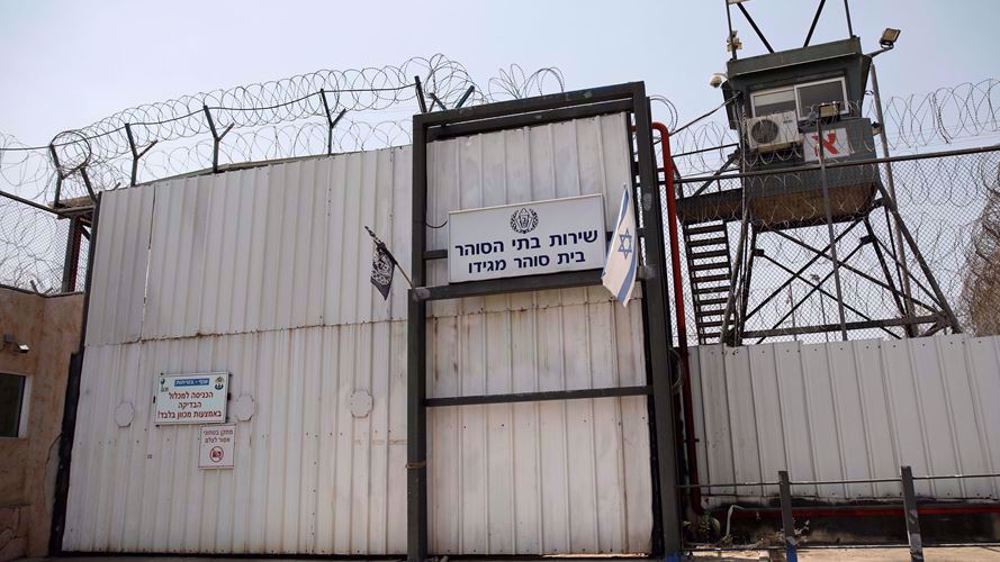
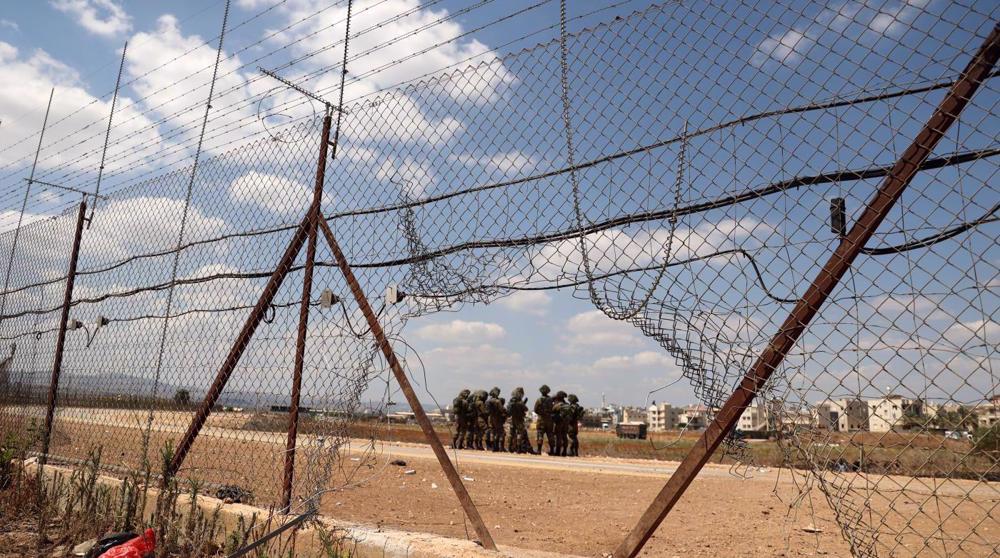
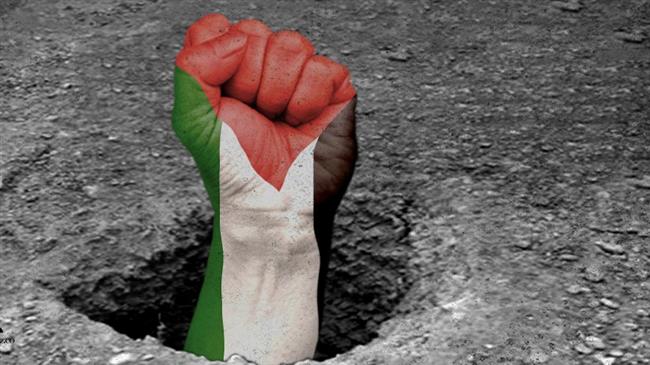


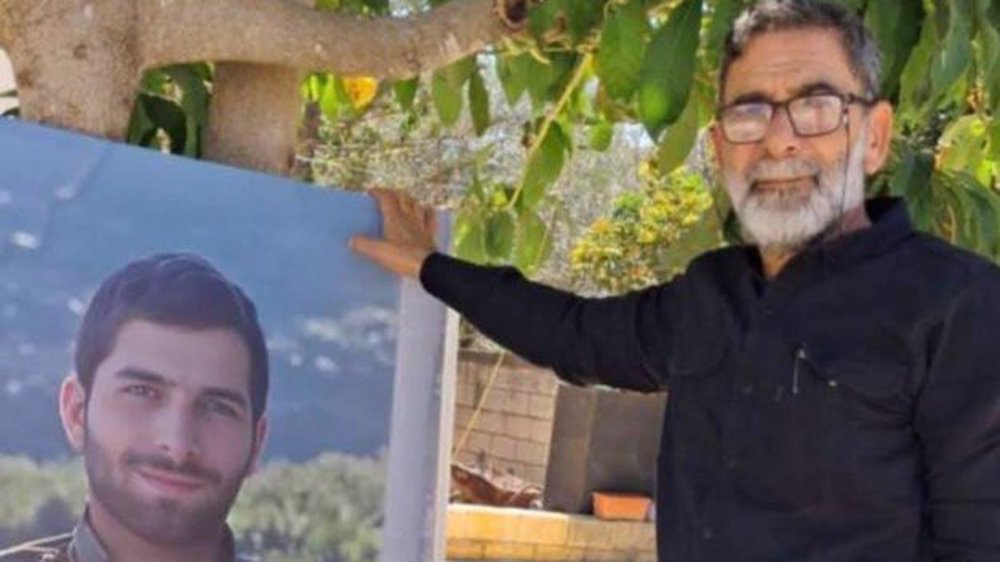



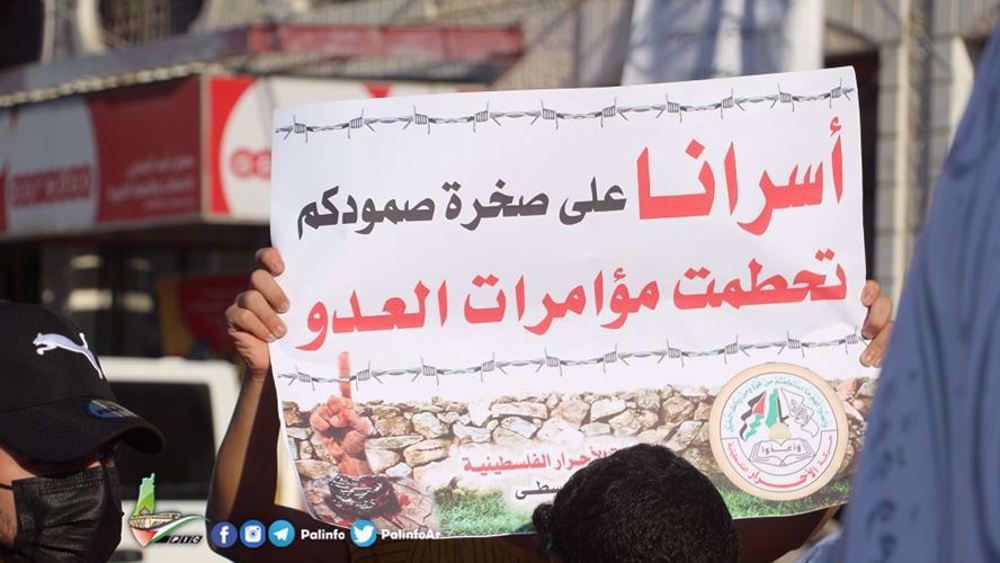
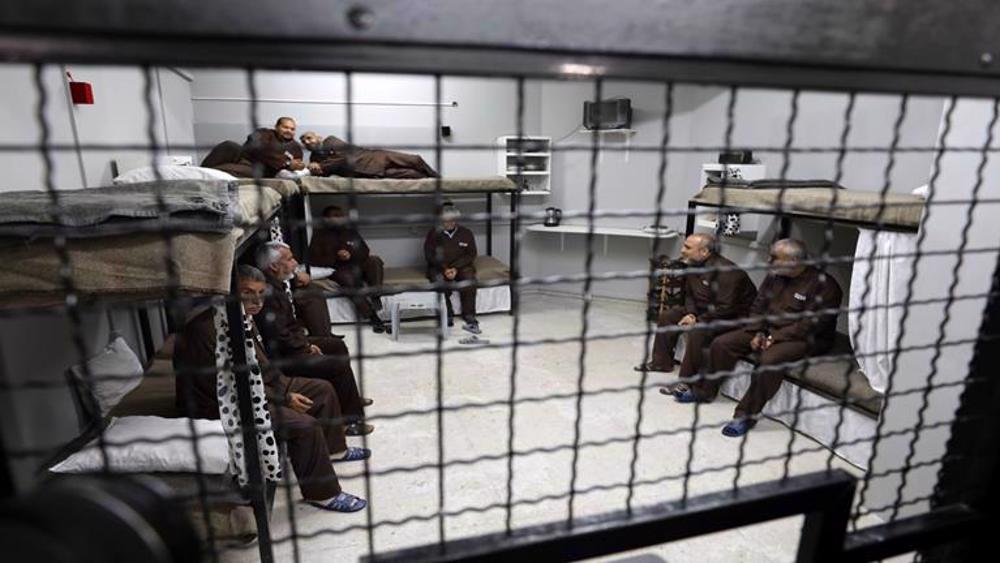

 This makes it easy to access the Press TV website
This makes it easy to access the Press TV website